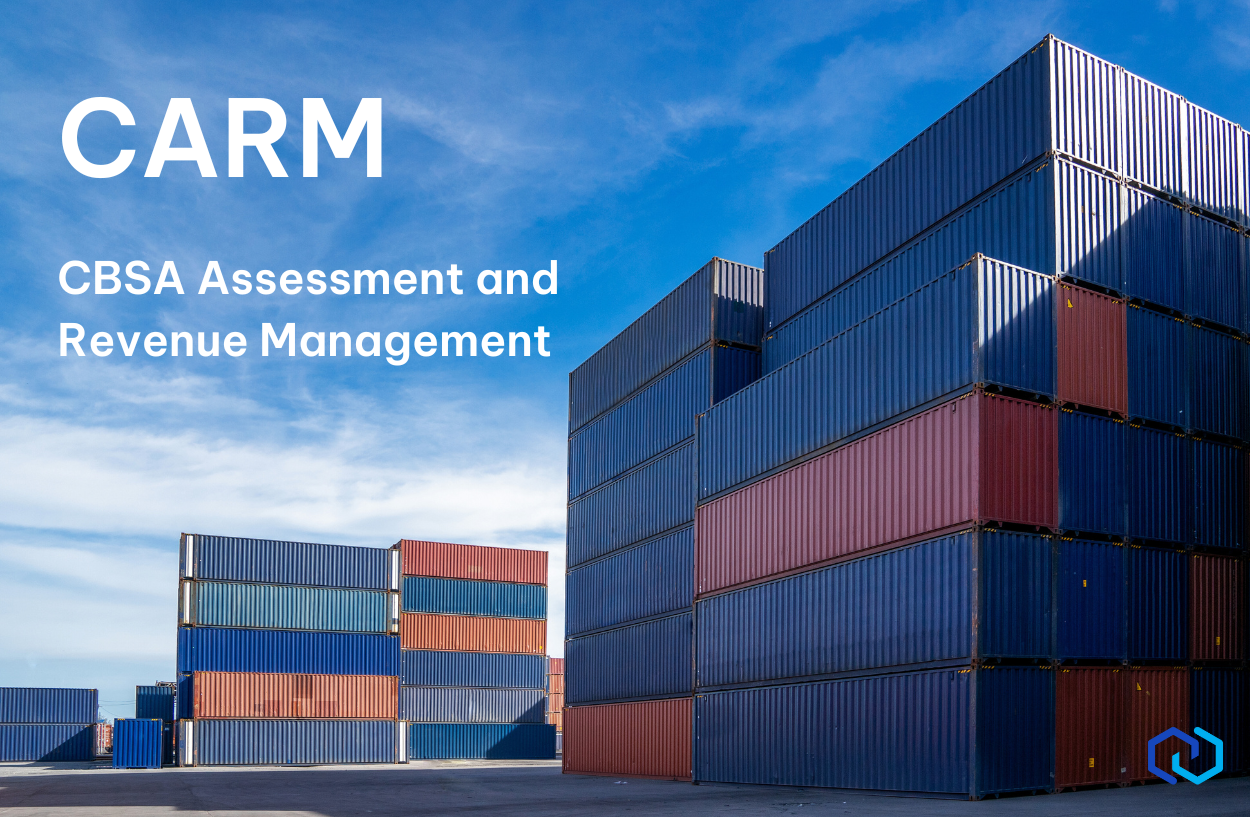In the dynamic world of logistics and international trade, regulations play a pivotal role in shaping the way goods move across borders. Section 321, a term that may not immediately ring a bell for most, however, has quietly become a game-changer in the logistic world. In this post, we’ll explore the significance of Section 321 in logistics and its impact on cross-border e-commerce.
What is Section 321?
Section 321 refers to a provision in U.S. customs law, specifically under the Tariff Act of 1930, as amended by the Trade Facilitation and Trade Enforcement Act of 2015. At its core, Section 321 enables the duty-free entry of low-value shipments into the United States. To qualify for Section 321 clearance, a shipment must meet specific criteria:
- Declared Value: The shipment must have a declared value of USD 800 or less.
- Single Importer: It must be imported by one person (individual or business) on one day.
- Non-commercial Use: It should not be intended for resale.
Before Section 321, even low-value shipments were subject to customs duties, which often outweighed the value of the goods themselves. This bureaucratic burden made it challenging for businesses, especially e-commerce companies, to efficiently operate on a global scale. However, with the introduction of Section 321, these challenges have been significantly reduced.
The Impact of Section 321
- Cost Savings: The most immediate and tangible benefit of Section 321 is cost savings. By exempting low-value shipments from customs duties and fees, businesses can offer competitive pricing to their customers. This, in turn, attracts more buyers and fosters business growth.
- Streamlined Customs Procedures: Section 321 simplifies the customs clearance process for eligible shipments. Customs authorities can swiftly clear these shipments, reducing transit times and ensuring that products reach consumers faster. This is crucial in the e-commerce sector, where speedy deliveries are a key competitive advantage.
- E-commerce Expansion: Section 321 has paved the way for the exponential growth of cross-border e-commerce. Small and medium-sized enterprises (SMEs) can now enter the global market more easily, expanding their customer base and boosting revenue. This, in turn, contributes to economic growth and job creation.
- Improved Compliance: Compliance with customs regulations is paramount in international trade. Section 321 simplifies compliance for low-value shipments, making it easier for businesses to navigate the complex world of global trade.
- Enhanced Customer Experience: Faster delivery times and lower costs translate to happier customers. Satisfied customers are more likely to become repeat buyers and recommend a brand to others.
Challenges and Considerations
While Section 321 offers substantial benefits, it’s important to consider some challenges and considerations:
- Data Accuracy: Accurate and complete data submission is crucial for Section 321 clearance. Any errors or omissions can lead to customs delays or rejections. E-commerce businesses must invest in robust data management systems.
- Regulatory Updates: Customs regulations can change over time. Staying informed about the latest regulations and compliance requirements is essential to avoid unexpected issues.
- Product Classification: Properly classifying products according to customs codes is crucial for Section 321 clearance. Businesses should ensure that they provide accurate product classifications for all products that they import.
How Mantoria can Help:
Section 321 has quietly but significantly transformed the logistics and e-commerce landscape, making it easier for businesses to engage in cross-border trade. It simplifies customs procedures, reduces costs, and accelerates delivery times, ultimately benefiting both businesses and consumers. As global trade continues to evolve and digital commerce becomes the norm, Section 321 will remain a crucial tool for companies looking to thrive in the world of cross-border e-commerce.
With various warehouses across Canada and backed by a team of order fulfillment experts, Mantoria can prepare and fulfill your orders via section 321 and ship to your US customers from Canada, potentially saving your company huge amounts on duties and taxes. Speak with one of our representatives today who will guide you through the simple process.



